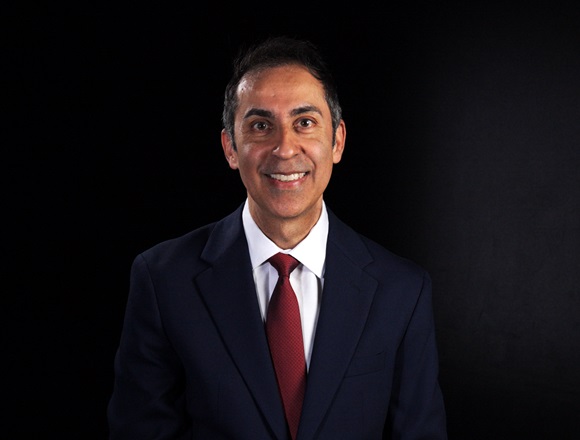Paul Moayyedi, MB, is a gastroenterologist and professor of medicine at McMaster University. He has served as director of the Division of Gastroenterology and president of the Canadian Association of Gastroenterology. He conducted large randomized controlled trials and observational studies in the areas of gastroesophageal reflux disease, Barrett esophagus, Helicobacter pylori, functional gastrointestinal disease, and inflammatory bowel diseases.
What are the principles of managing gastroesophageal reflux disease (GERD) in patients with obesity (GERD symptoms may be present in ~50% of individuals with body mass index [BMI] >30 kg/m2)?
Paul Moayyedi, MB: GERD is common in the Western world; ~20% of people have harbored that. The risk increases with increasing levels of obesity, so all guidelines recommend weight loss to those who are overweight. That is a measure to try to help reduce reflux symptoms. There isn’t a good randomized trial that works, but of course, there are many good reasons to lose weight if you’re overweight. So, it’s sensible to recommend that to obese and overweight people who do have reflux symptoms.
 English
English
 Español
Español
 українська
українська








